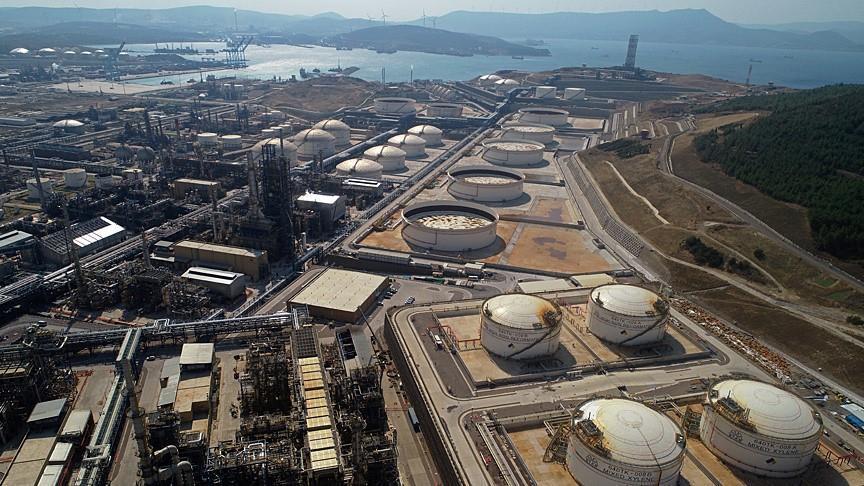Weak demand for transportation fuel and low profitability has caused declines in US refinery runs, the country's Energy Information Administration (EIA) said in a statement on Monday.
Demand for transportation fuel in the US has been in decline since early March 2020 due to weak economic activity and quarantine measures to counter the spread of the novel coronavirus (COVID-19).
In response, refineries in the US have reduced the amount of crude oil they process, known as refinery runs.
"US refinery runs fell for four consecutive weeks, reaching 12.8 million barrels per day (bpd) for the week ending April 17," the statement read.
From March 13, when a national emergency was declared in the US, to April 24, motor gasoline consumption in the country fell to its lowest level since 1991, according to the EIA.
As refinery runs have fallen, refiners have also changed the mix of petroleum products they are producing, the EIA said.
"Based on the 2019 average, a barrel of crude oil and other inputs will yield 51% motor gasoline, 31% distillate, and 11% jet fuel. U.S. refiners have recently decreased their production of motor gasoline and jet fuel and increased their production of distillate," the statement said.
"The ratio of distillate production divided by crude oil inputs, also known as the distillate yield, reached 40% for the week ending April 17, the highest percentage yield of distillate since at least 1990 ... Motor gasoline yields were at a record low of 43% in the week ending April 24," it added.
US refinery production of motor gasoline fell from 7.9 million bpd for the week ending March 13 to 5.4 million bpd for the week ending April 24, and production of jet fuel fell from 1.6 million bpd to 601,000 bpd during the same period.
On the other hand, production of distillate fuel oil increased from 4.7 million bpd to 4.9 million bpd during that period, according to the EIA.
By Ovunc Kutlu
Anadolu Agency
energy@aa.com.tr


